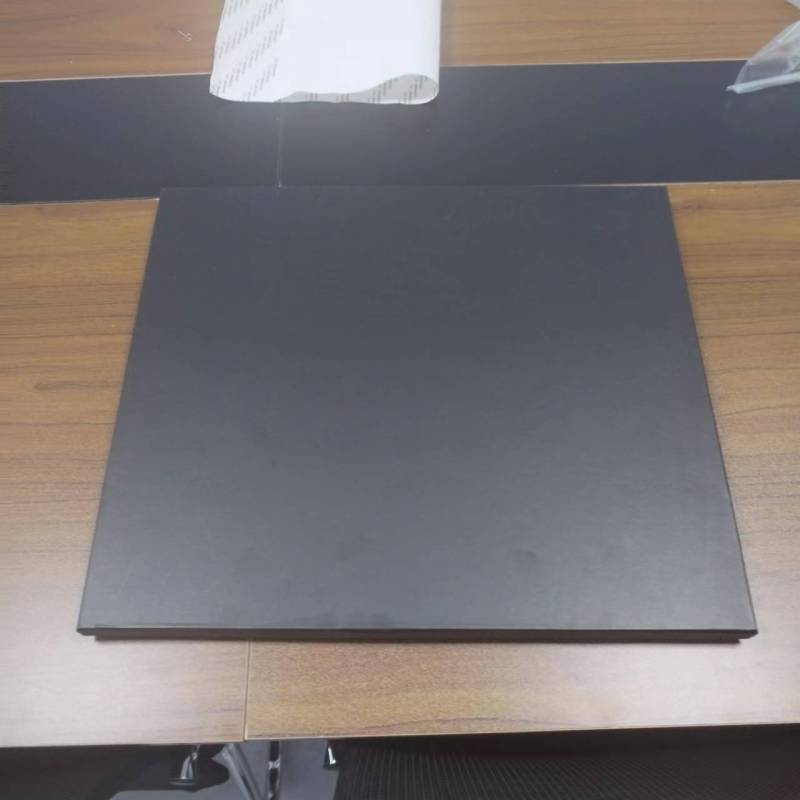Float Glass Plants A Key Component of the Glass Manufacturing Industry
Float glass production is a fascinating and complex process that plays a pivotal role in the glass manufacturing industry. Among the various methods used for producing glass, the float glass process is recognized as one of the most innovative and efficient. This article provides an overview of float glass plants, examining their operation, significance, and the environmental considerations that come into play in modern manufacturing practices.
At the heart of a float glass plant lies the float glass process, invented by Sir Alastair Pilkington in the 1950s. This revolutionary technique allows for the production of high-quality, flat glass, suitable for windows, facades, mirrors, and various other applications. The float glass process involves melting raw materials, such as silica sand, soda ash, and limestone, at very high temperatures in a furnace. The molten glass is then poured onto a bed of molten tin, where it spreads out, forming a continuous sheet. The tin not only provides a smooth surface but also helps maintain the flatness of the glass as it cools.
One of the key advantages of the float glass process is the superior quality of the product. The glass produced is remarkably smooth and has excellent optical properties, making it ideal for both residential and commercial applications. This production method also enables manufacturers to create large sheets of glass, which can be further processed into various products such as insulated glass units or laminated glass. The scale of production in float glass plants allows for economies of scale, which can lead to cost efficiencies in the overall manufacturing process.
float glass plants
Furthermore, float glass plants contribute significantly to various industries, including construction, automotive, and electronics. In the construction industry, high-performance glass is essential for energy-efficient buildings, providing insulation, acoustic control, and aesthetic appeal. The automotive sector relies on float glass for windshields and windows, while the electronics industry utilizes specialized glass for screens and displays. As the demand for glass in these sectors continues to rise, float glass plants are increasingly important in meeting these needs.
However, the operation of float glass plants is not without its challenges. One of the critical considerations is environmental impact. The production of glass is energy-intensive, requiring substantial amounts of natural gas or electricity. Additionally, the sourcing of raw materials and waste management can pose sustainability challenges. To mitigate these impacts, many modern float glass facilities are adopting innovative technologies and practices. For example, some plants are implementing waste recycling systems to reclaim glass cullet, which can be reused in the production process, thereby reducing the need for virgin raw materials.
Moreover, advancements in energy efficiency are becoming paramount in float glass manufacturing. The integration of renewable energy sources, such as solar or wind power, is gaining traction. These initiatives not only reduce the carbon footprint of the production process but also align with global efforts to promote sustainability in industry.
In conclusion, float glass plants are a cornerstone of the contemporary glass manufacturing landscape, providing high-quality products that meet the diverse needs of various industries. While there are challenges associated with energy consumption and environmental impact, ongoing innovations in manufacturing practices are helping to address these issues. As the world increasingly turns toward sustainable solutions, the role of float glass plants will likely evolve, enabling them to contribute positively to both the economy and the environment. Through continued investment in technology and sustainability practices, float glass manufacturing can remain a dynamic and essential industry for years to come.
 Afrikaans
Afrikaans  Albanian
Albanian  Amharic
Amharic  Arabic
Arabic  Armenian
Armenian  Azerbaijani
Azerbaijani  Basque
Basque  Belarusian
Belarusian  Bengali
Bengali  Bosnian
Bosnian  Bulgarian
Bulgarian  Catalan
Catalan  Cebuano
Cebuano  Corsican
Corsican  Croatian
Croatian  Czech
Czech  Danish
Danish  Dutch
Dutch  English
English  Esperanto
Esperanto  Estonian
Estonian  Finnish
Finnish  French
French  Frisian
Frisian  Galician
Galician  Georgian
Georgian  German
German  Greek
Greek  Gujarati
Gujarati  Haitian Creole
Haitian Creole  hausa
hausa  hawaiian
hawaiian  Hebrew
Hebrew  Hindi
Hindi  Miao
Miao  Hungarian
Hungarian  Icelandic
Icelandic  igbo
igbo  Indonesian
Indonesian  irish
irish  Italian
Italian  Japanese
Japanese  Javanese
Javanese  Kannada
Kannada  kazakh
kazakh  Khmer
Khmer  Rwandese
Rwandese  Korean
Korean  Kurdish
Kurdish  Kyrgyz
Kyrgyz  Lao
Lao  Latin
Latin  Latvian
Latvian  Lithuanian
Lithuanian  Luxembourgish
Luxembourgish  Macedonian
Macedonian  Malgashi
Malgashi  Malay
Malay  Malayalam
Malayalam  Maltese
Maltese  Maori
Maori  Marathi
Marathi  Mongolian
Mongolian  Myanmar
Myanmar  Nepali
Nepali  Norwegian
Norwegian  Norwegian
Norwegian  Occitan
Occitan  Pashto
Pashto  Persian
Persian  Polish
Polish  Portuguese
Portuguese  Punjabi
Punjabi  Romanian
Romanian  Russian
Russian  Samoan
Samoan  Scottish Gaelic
Scottish Gaelic  Serbian
Serbian  Sesotho
Sesotho  Shona
Shona  Sindhi
Sindhi  Sinhala
Sinhala  Slovak
Slovak  Slovenian
Slovenian  Somali
Somali  Spanish
Spanish  Sundanese
Sundanese  Swahili
Swahili  Swedish
Swedish  Tagalog
Tagalog  Tajik
Tajik  Tamil
Tamil  Tatar
Tatar  Telugu
Telugu  Thai
Thai  Turkish
Turkish  Turkmen
Turkmen  Ukrainian
Ukrainian  Urdu
Urdu  Uighur
Uighur  Uzbek
Uzbek  Vietnamese
Vietnamese  Welsh
Welsh  Bantu
Bantu  Yiddish
Yiddish  Yoruba
Yoruba  Zulu
Zulu 

